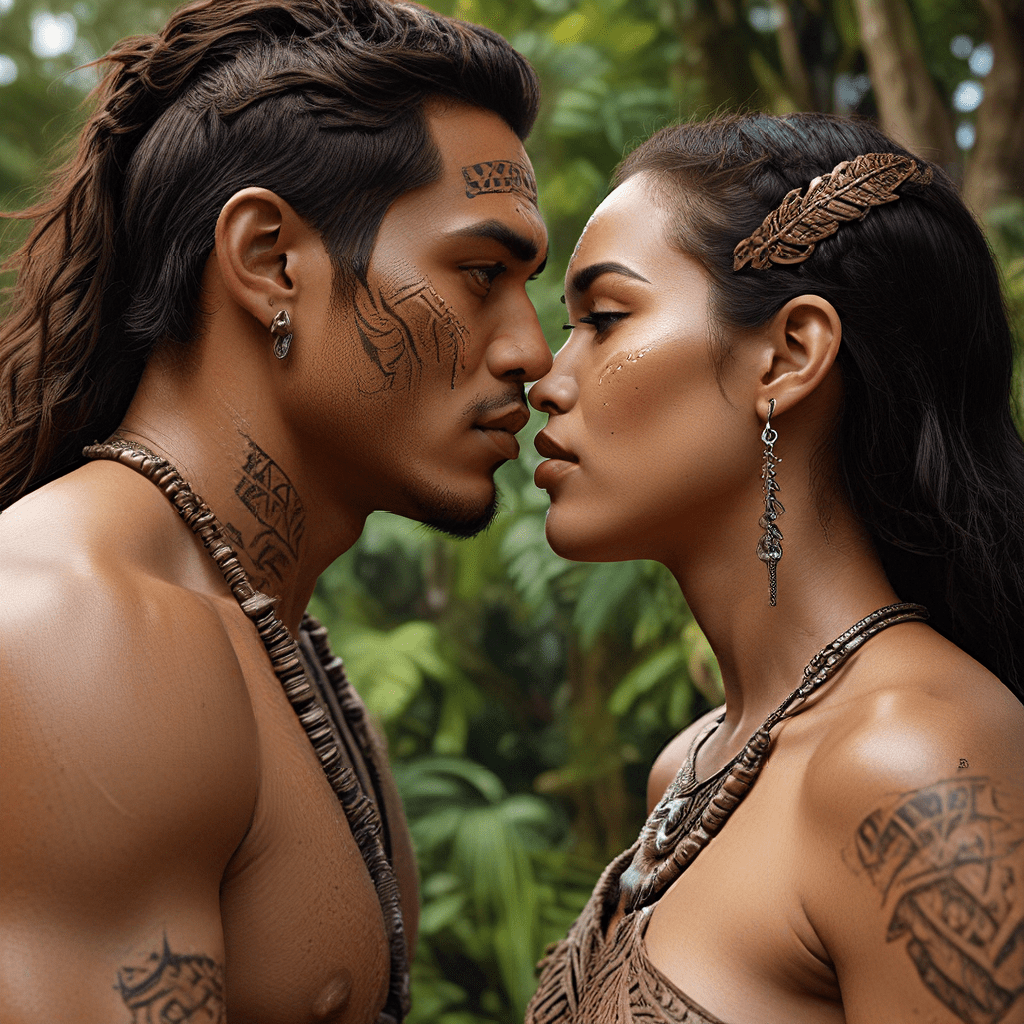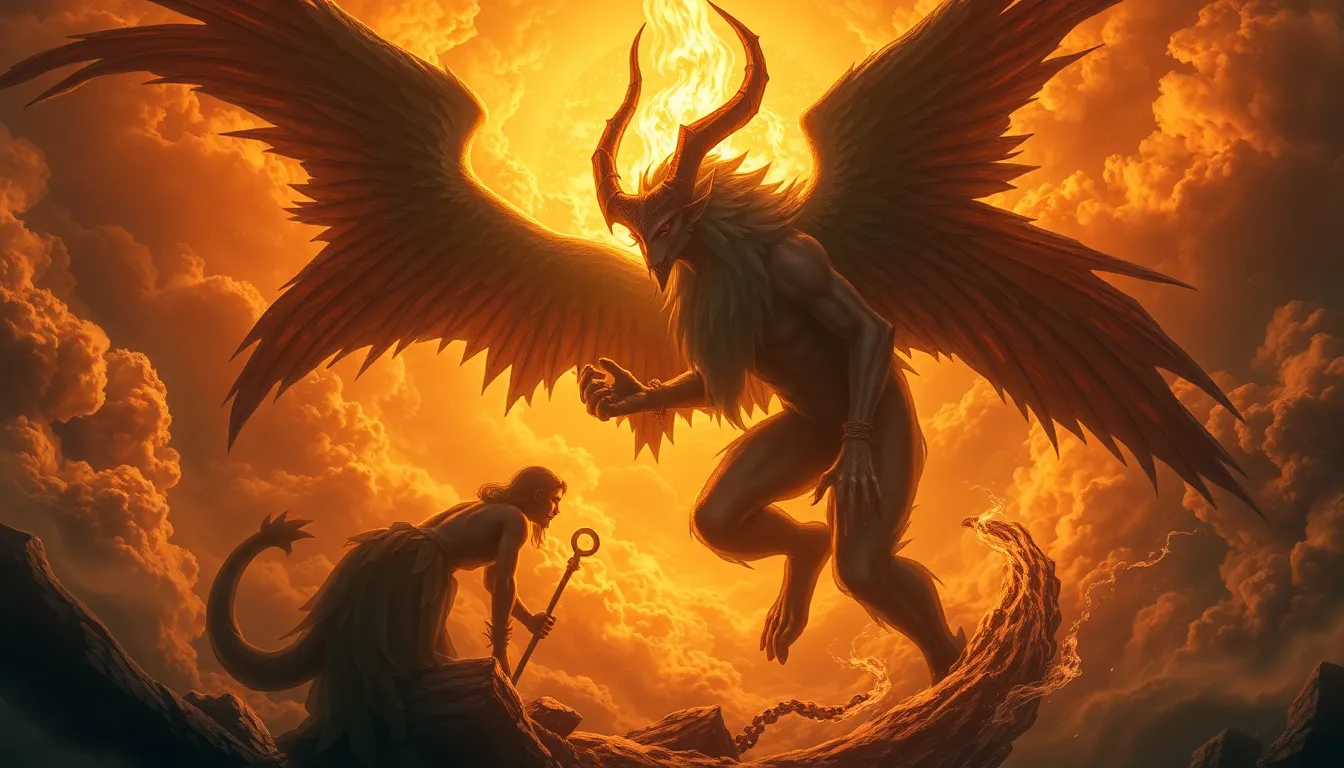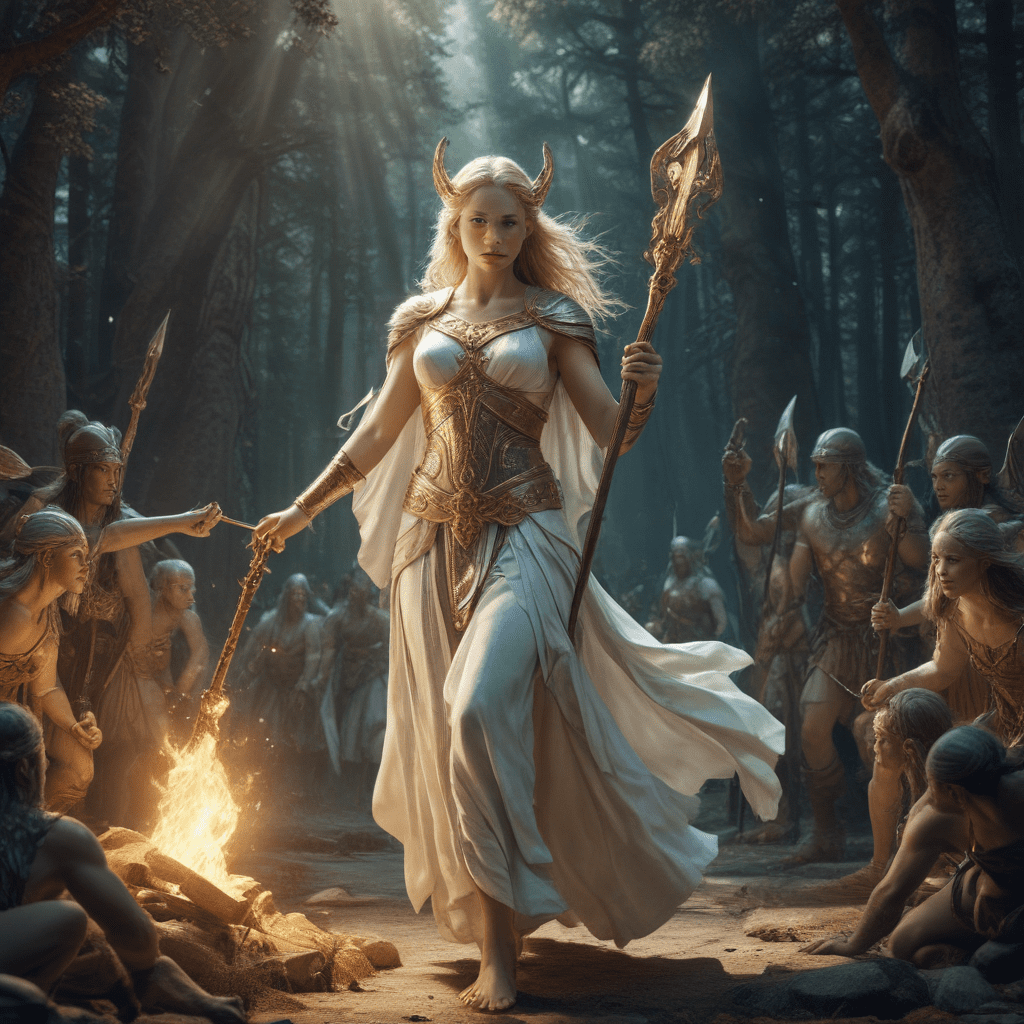Maori Mythology: Love and Loss in Ancient Legends
The ancient stories of the Māori people, known as myths and legends, offer profound insights into the human experience. These tales, passed down through generations, explore the complexities of love, loss, and the cyclical nature of life. From the creation of the world to the enduring search for meaning, Māori mythology reveals a rich tapestry of emotions that resonate with all humankind.
The Realm of Tane: The Genesis of Love in Maori Mythology
The Maori creation myth begins with the separation of Rangi, the sky father, and Papa, the earth mother. From this act of separation, the world was born. However, the story doesn't end there. One of Rangi and Papa's children, Tane, a powerful god of the forest, played a crucial role in the development of life. Tane, driven by a strong love for his mother, Papa, separated his parents and gave birth to the world as we know it.
Tane, known as the "god of the forest" and "the creator of life," represents the forces of growth and vitality. His love for his mother, Papa, is a powerful force that brings about the creation of the world. The vibrant ecosystem of the forest, with its abundance of life, symbolizes the blossoming of love and the potential for growth and renewal.
The Power of Te Kore: Loss and the Cycle of Life
In the Maori worldview, the concept of Te Kore, translated as "the void," is central to understanding the duality of life and death. Te Kore represents the state of nothingness, the absence of form and manifestation, yet it is also the origin from which all things emerge. The cycle of life, encompassing birth, growth, death, and rebirth, is a constant reminder of the interconnectedness of all things and the inevitability of loss.
The understanding of Te Kore helps explain the Māori perspective on death, which is not seen as an end but as a transition to another realm. The loss of loved ones is acknowledged, but the cycle of life is recognized as a natural process. In essence, the concept of Te Kore is a powerful reminder that even in the face of loss, there is always the potential for renewal and new beginnings.
Rongo and Hine-nui-te-Po: The Journey from Love to Separation
The story of Rongo, the god of cultivated food, and Hine-nui-te-Po, the goddess of the night, reflects the journey from love and passion to separation and loss. Rongo and Hine-nui-te-Po initially shared a passionate love, which led to the creation of the first human beings. However, their relationship was destined to be ephemeral. Hine-nui-te-Po, who was also associated with death, eventually reclaimed her dominion over the night, leaving Rongo alone and heartbroken.
The story of Rongo and Hine-nui-te-Po is a reminder that even the most intense love can be fleeting, and that the cycle of life inevitably leads to separation. The themes of loss and the passage of time are central to this tale, highlighting the intricate balance between life and death in Maori mythology.
The Love Triangle of Maui, Hina, and Ihi: A Tale of Deception and Transformation
Maui, the trickster god, is known for his cunning and his ability to shape-shift. In one of his most famous stories, Maui seeks the hand of Hina, the moon goddess. However, Hina is already married to Ihi, a powerful sea god. Maui, using his powers of deception, tricks Hina into thinking that he is Ihi, allowing him to win her affections.
This story explores the complexities of love, deception, and the transformative power of desire. Maui's ability to shape-shift represents the ever-changing nature of love and the potential for manipulation and deceit. The love triangle between Maui, Hina, and Ihi is a reminder that passions can lead to unforeseen consequences, and that the pursuit of love can sometimes veer into treacherous territory.
The Tragic Romance of Tāwhaki and the Sky Father: Reaching for the Stars and Facing Loss
The story of Tāwhaki, a legendary hero, reflects the human yearning to transcend earthly limitations. Tāwhaki, driven by a desire to reach his father, Rangi, the sky father, embarks on a perilous journey to the heavens. He encounters many obstacles and challenges, but his determination is fueled by his love for his father and his desire to bridge the gap between the mortal world and the celestial realm.
However, Tāwhaki's journey ends in tragedy. He is unable to reach his father and is ultimately consumed by the cold and unforgiving nature of the sky. The story of Tāwhaki exemplifies the human struggle to reach for the impossible and the inevitable consequences of ambition. This tragic romance is a potent reminder of the limitations of human endeavor and the bittersweet nature of love and loss.
The Forbidden Love of Rangi and Papa: The Birth of the World and the Pain of Separation
In the beginning, there was only Rangi, the sky father, and Papa, the earth mother, intertwined in a loving embrace. Their union was a source of warmth and life, but it also prevented the birth of the world. Their children, the gods, were trapped in the darkness, yearning for light and space.
Driven by a desire for freedom and a longing for a world to call their own, Tane, the god of the forest, decided to separate his parents. This act of separation, a painful but necessary sacrifice, brought about the birth of the world. The sky and earth were torn apart, creating the heavens, the earth, and all living things.
The story of Rangi and Papa is a powerful allegory for the cycle of love, loss, and creation. Their forbidden love, though ultimately leading to separation, gave birth to the world and all its wonders. It is a reminder that even in the darkest of times, growth and renewal are possible.
The Search for Eternal Love: The Creation of the First Humans and the Spirit of Love
The separation of Rangi and Papa left a void, a yearning for connection and love that could not be fully satisfied by the gods alone. This yearning led to the creation of the first humans, who, unlike the gods, were capable of experiencing love in its entirety.
In Maori mythology, the first humans were created from the tears of a heartbroken woman named Hine-ahu-one. Her tears, infused with love and sorrow, were molded into the first human beings. These first humans were given the gift of love, the ability to experience both the joys and sorrows of love, and the power to create new life and pass on their legacy.
The creation of humans signifies the search for connection and the enduring power of love. It embodies the belief that love is a force that can transcend the limitations of the gods and create something truly new and enduring.
The Role of Gods and Goddesses in Shaping Love and Loss
The gods and goddesses in Maori mythology are not simply powerful figures but also embodiments of the forces that shape human experience. They guide, inspire, and sometimes even intervene in the lives of mortals, reflecting the complex nature of love and loss.
For example, Hine-nui-te-Po, the goddess of the night, represents the inevitability of death and the passage of time. Her relationship with Rongo, the god of cultivated food, highlights the bittersweet nature of love and the ultimate separation it brings. Maui, the trickster god, embodies the complexities of desire, deception, and the transformative power of love.
By understanding the roles of the gods and goddesses, we gain a deeper understanding of the forces that shape human emotions and the nature of love and loss.
The Significance of Rituals and Storytelling in Preserving Love and Loss
Maori culture places a great emphasis on rituals and storytelling. These traditions are not simply entertainment but tools for preserving knowledge, values, and the memory of ancestors.
Through rituals, Maori people honor their ancestors, celebrate life, and commemorate the passing of loved ones. These ceremonies, often accompanied by song, dance, and the sharing of stories, provide a sense of continuity and connection across generations.
Storytelling plays a vital role in preserving the wisdom of the past and transmitting cultural values. Through myths and legends, Maori people explore the complexities of love and loss, and their stories offer guidance and solace in the face of life's challenges.
The Enduring Themes of Love and Loss in Maori Mythology: A Reflection on Human Experience
Maori mythology is a rich tapestry of stories that explores the universal themes of love, loss, and the cyclical nature of life. These stories offer insights into the human experience, reminding us of the complexities of love, the inevitability of loss, and the enduring power of hope.
From the creation myth to the stories of gods and goddesses, Maori mythology provides a framework for understanding the human condition and the forces that shape our lives. These stories offer guidance and solace, reminding us that we are not alone in our struggles and that even in the face of loss, there is always the potential for renewal and new beginnings.
FAQ – Maori Mythology: Love and Loss in Ancient Legends
Q: What is the role of Tane in Maori mythology?
- A: Tane, the god of the forest, is a central figure in the Maori creation myth. He separated his parents, Rangi and Papa, to create the world. He embodies the forces of growth, vitality, and love.
Q: What is the significance of the concept of Te Kore in Maori mythology?
- A: Te Kore, often translated as "the void," represents the state of nothingness from which all things emerge. It is a reminder of the cyclical nature of life, encompassing birth, growth, death, and rebirth.
Q: How is love portrayed in Maori mythology?
- A: Love is a powerful force in Maori mythology. It is often depicted as a transformative force, capable of creating new life, as seen in the story of Rongo and Hine-nui-te-Po.
Q: What is the significance of rituals and storytelling in Maori culture?
- A: Rituals and storytelling are integral parts of Maori culture. They help preserve knowledge, values, and the memory of ancestors, providing a sense of continuity and connection across generations.



